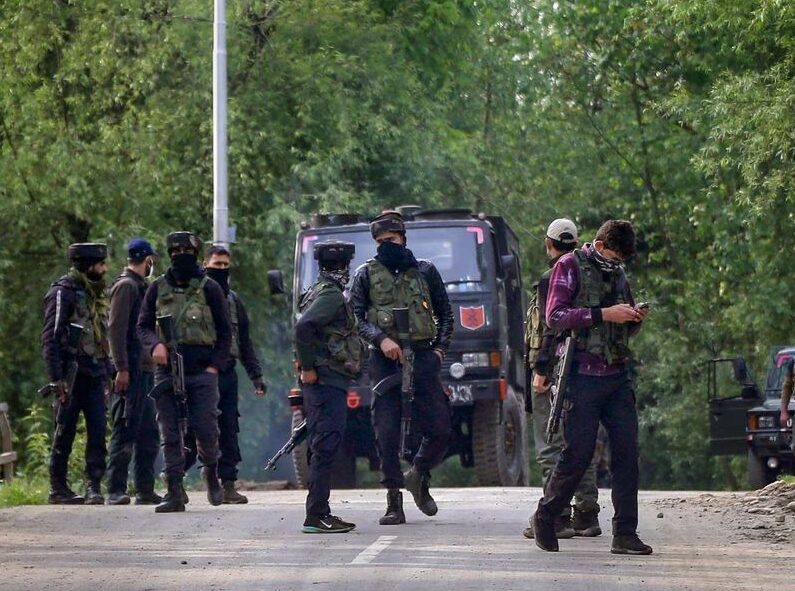In what is being described as one of the deadliest attacks on civilians in recent years, five heavily armed militants unleashed terror near Pahalgam, a scenic hill town in the Indian-administered region of Jammu and Kashmir, on 22 April 2025. The assault targeted a group of unarmed tourists, mostly Hindu males, and left 26 people dead, casting a dark shadow over a place known for its natural beauty and spiritual significance.
This horrifying incident has shaken the nation and reignited concerns about security in the region, which has long been marred by tension and insurgency.
The Attack: A Day of Horror
According to local authorities and eyewitness accounts, the attackers struck just before dusk, targeting a group of pilgrims and tourists who had gathered near a popular rest stop end route to the Amarnath shrine, a sacred site for Hindus. The victims were ambushed on a narrow stretch of road flanked by dense forest, leaving them with little chance to escape.
Survivors recall the sound of automatic gunfire echoing through the valley, followed by screams and chaos. Some attempted to flee into the woods, while others took cover behind vehicles. Several were shot at close range. In total, 26 civilians lost their lives — many of them young Hindu men in their twenties and thirties — and at least 12 others sustained critical injuries.
Political and Public Reactions
Prime Minister Narendra Modi condemned the incident in strong terms, stating, “This cowardly act will not go unpunished. We stand united against terrorism and will ensure justice for the innocent lives lost.”
Home Minister Amit Shah, who visited the region shortly after The Pahalgam Attack, assured citizens of heightened security measures and a zero-tolerance approach toward terrorism. The Indian Parliament observed a moment of silence in memory of the victims, while protests erupted in several cities demanding swift retaliation and increased protection for tourists and religious pilgrims.
Impact on Tourism and Local Sentiment
Pahalgam, once dubbed “Paradise on Earth,” has long been a major attraction for tourists, trekkers, and spiritual seekers. The region depends heavily on tourism for economic sustenance. However, the 2025 attack has sparked fear among potential visitors, with many canceling planned trips to the Kashmir Valley.
Residents, many of whom rely on the tourist season for income, have expressed deep sorrow and frustration. “We are peace-loving people, and this violence affects all of us,” said Abdul Latif, a hotel owner in Pahalgam.
Security Measures and Looking Ahead
In the aftermath of the attack, security forces have been placed on high alert throughout Jammu and Kashmir. Extra checkpoints have been established, drones are being deployed for surveillance, and patrolling has intensified along all major routes leading to pilgrimage sites.
There is also a renewed push for better intelligence sharing and cooperation between the central and state authorities to prevent such tragedies in the future. The Ministry of Home Affairs is reportedly reviewing all standard operating procedures related to tourist protection in high-risk zones.
A Nation in Mourning 
Candlelight vigils have been held across the country in remembrance of the victims. Social media is flooded with tributes, hashtags like #PahalgamAttack and #JusticeForVictims trending for days.
More than just a terror attack, this incident strikes at the very idea of unity and peace in a diverse, pluralistic nation. It is a grim reminder that extremism continues to threaten not just national security but the everyday lives of innocent civilians.
Conclusion
The 2025 Pahalgam attack will be remembered not just for the horror it inflicted, but for the resilience it demands from a nation that refuses to be broken. As investigations continue and justice is pursued, one thing is certain: the victims will not be forgotten, and the fight against terrorism will only grow stronger.
While the pain of this tragedy will remain etched in the hearts of many, India remains resolute in its determination to eradicate terror and rebuild the spirit of unity and peace in the Kashmir Valley.




